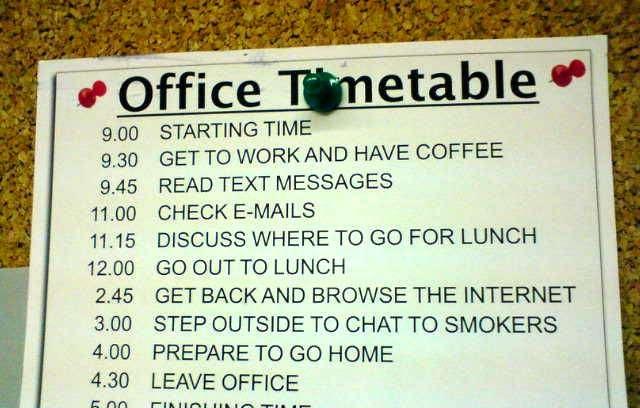Cultural Differences in Work-Life Balance: European vs American Work Culture
A comprehensive analysis of why Europeans and Americans can maintain high productivity without napping, examining workplace cultures, dietary habits, and lifestyle differences between Eastern and Western societies.

The stark contrast between European and American work cultures offers fascinating insights into how different societies maintain productivity without the need for afternoon naps. This phenomenon can be attributed to several key factors that shape their daily work routines and energy levels.
Work Schedule Structure In most European countries, the workday typically starts early, around 7:30 AM, and ends promptly at 4:30 PM. This structured approach allows employees to maintain a consistent daily rhythm. Unlike the common practice in China of working until 9 PM or later, Europeans strictly adhere to their designated work hours, ensuring adequate rest and recovery time.
Dietary Patterns European lunch habits differ significantly from Asian customs. Their midday meals tend to be lighter, often consisting of sandwiches, salads, or small portions of protein with vegetables. While these meals aren’t necessarily low in carbohydrates - consider a typical Dutch cheese sandwich - the portion sizes are notably smaller. The emphasis is on quick, efficient lunches rather than heavy, elaborate meals.
Coffee Culture Coffee plays a crucial role in European work culture. It’s common to see professionals consuming multiple cups throughout the day, particularly after lunch. This caffeine intake helps maintain alertness during afternoon hours. However, it’s worth noting that Europeans have developed a high tolerance to caffeine, treating it almost like water in their daily routine.
Work-Life Balance Perhaps the most crucial factor is the European approach to work-life balance. When feeling tired or unproductive, European workers often choose to leave work early rather than pushing through exhaustion. This flexibility extends to sick leave - calling in sick for a common cold is not just accepted but encouraged to prevent spreading illness to colleagues.
Physical Activity Many European professionals incorporate physical activity into their daily routines. Instead of napping after lunch, they might take a walk or visit the gym. This activity helps maintain energy levels and promotes better overall health. The culture emphasizes movement and exercise as natural energy boosters rather than relying on rest periods.
Stress Management The European workplace generally maintains lower stress levels compared to many Asian companies. With fewer after-hours work expectations and more vacation time (typically 20-30 days annually plus public holidays), employees can better manage their energy levels throughout the year. This reduced stress contributes to sustained productivity without the need for daily recovery periods.